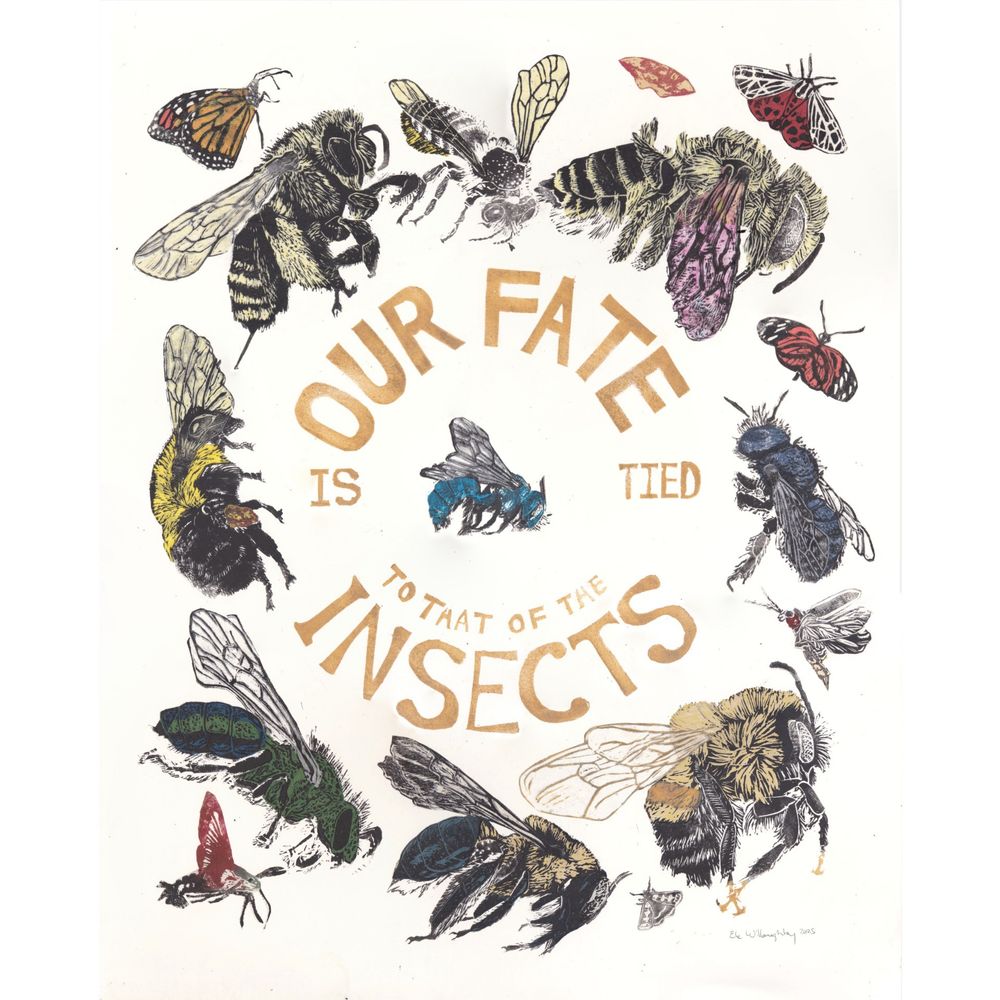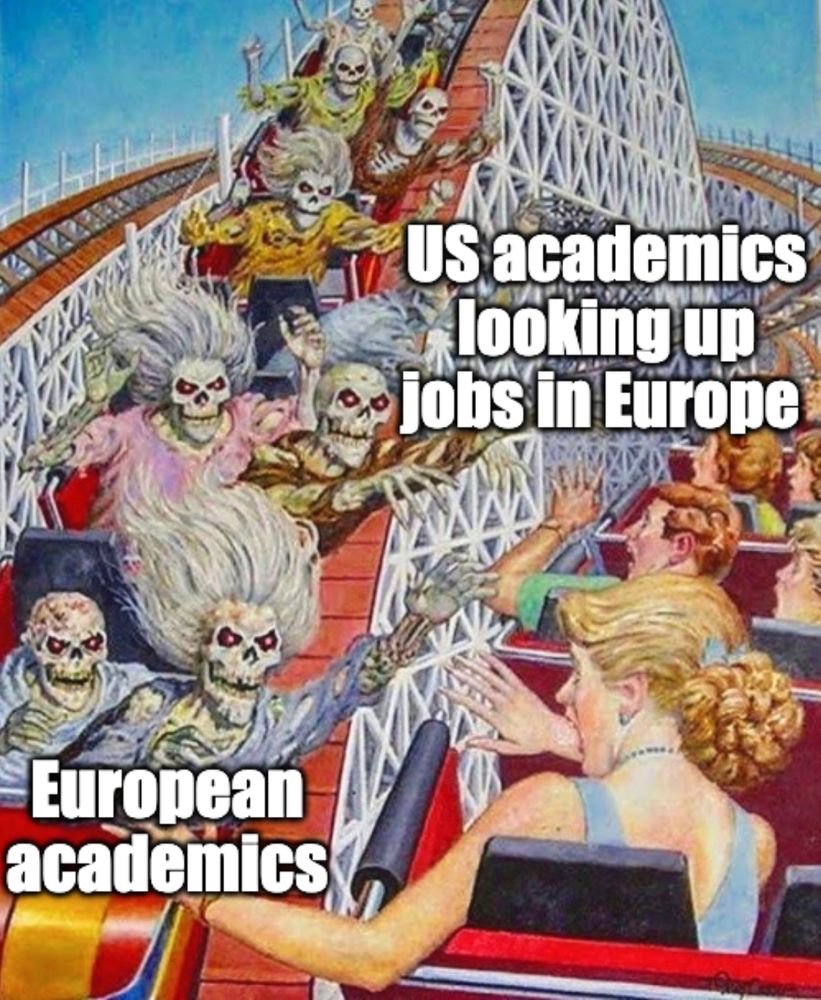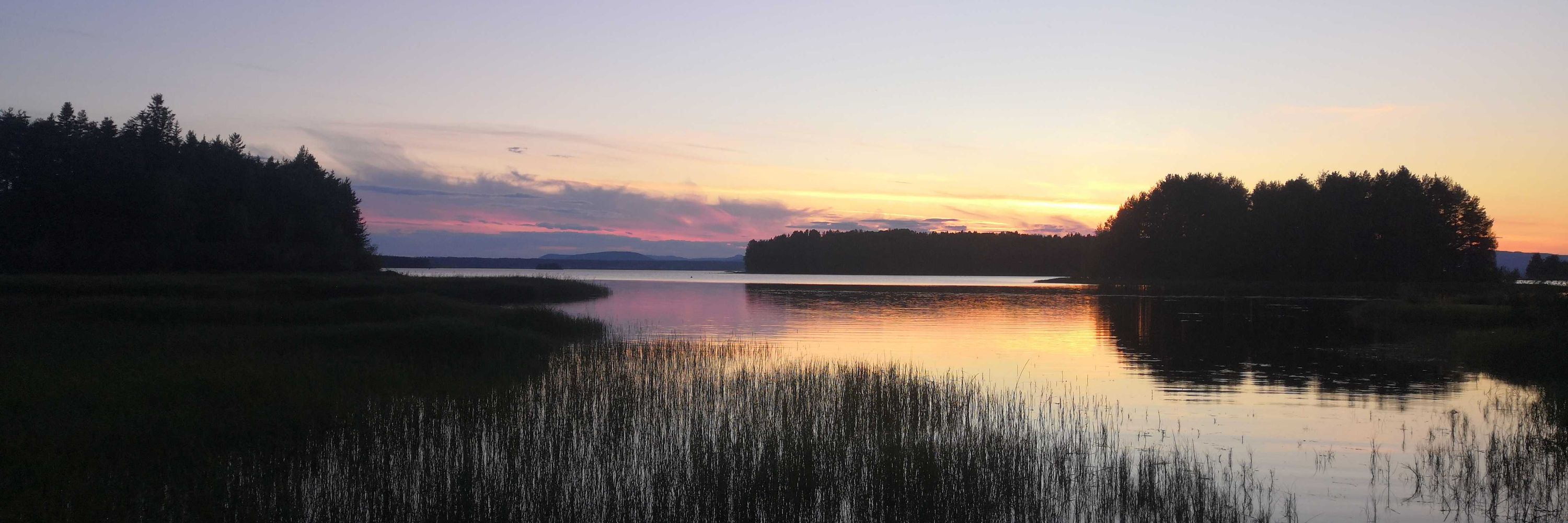
With #biodiversity in freefall on this #PoisonedPlanet, with #pesticides a big chunk of the problem, a ban on neonics is a step.in the right direction
www.theguardian.com/environment/...

With #biodiversity in freefall on this #PoisonedPlanet, with #pesticides a big chunk of the problem, a ban on neonics is a step.in the right direction
www.theguardian.com/environment/...

🖋️ 𝙋𝙡𝙚𝙖𝙨𝙚 𝙨𝙞𝙜𝙣 𝙩𝙝𝙞𝙨 𝙤𝙥𝙚𝙣 𝙡𝙚𝙩𝙩𝙚𝙧 urging MPs to attend: lnkd.in/ecGDM3Ry
Chris speaking with @bbclaurak.bsky.social earlier👇
Please make sure your MP is attending: nebriefing.org
#NEB
🖋️ 𝙋𝙡𝙚𝙖𝙨𝙚 𝙨𝙞𝙜𝙣 𝙩𝙝𝙞𝙨 𝙤𝙥𝙚𝙣 𝙡𝙚𝙩𝙩𝙚𝙧 urging MPs to attend: lnkd.in/ecGDM3Ry


- ~80% of species have declined, with significant declines for >50%.
- The decline was similar across species traits and threatened status.
doi.org/10.1111/ddi.... @consbiog.bsky.social

- ~80% of species have declined, with significant declines for >50%.
- The decline was similar across species traits and threatened status.
doi.org/10.1111/ddi.... @consbiog.bsky.social
![Comic. [Building with large sign in front of it[ SIGN: Welcome to the *Biology Department* It has been [changeable sign: 3] days since we discovered something existentially horrifying about bugs that makes you question your whole reality](https://cdn.bsky.app/img/feed_thumbnail/plain/did:plc:cz73r7iyiqn26upot4jtjdhk/bafkreigvmzverlrjgqp4mazbkhm43fpvv2hdbkd2t2646dhihozrwdcy24@jpeg)


www.youtube.com/watch?v=ObOH...
#EvoSKy #EvoBio #Conservation #BioDiversity #Ecology #Butterflies
www.youtube.com/watch?v=ObOH...
#EvoSKy #EvoBio #Conservation #BioDiversity #Ecology #Butterflies
BUGS. IS. SHRIMPS.
🧪🦋🐝🪲🐞🦗🪳🪰🦐🦐🦐🦐

BUGS. IS. SHRIMPS.
🧪🦋🐝🪲🐞🦗🪳🪰🦐🦐🦐🦐
🌍 This year's solstice happened at exactly 04:42 CEST on 21 June, the moment the Sun reached its northernmost point in the sky.
Viewed from space, these images capture a full year of shifting light and shadow, from one June solstice to the next 🧪🔭
🌍 This year's solstice happened at exactly 04:42 CEST on 21 June, the moment the Sun reached its northernmost point in the sky.
Viewed from space, these images capture a full year of shifting light and shadow, from one June solstice to the next 🧪🔭
A majority of the world’s insect species have no living expert who can identify them.
The ocean produces a huge chunk of the world's oxygen a lot from a class of cyanobacteria called prochlorococcus
Food systems are the #2 contributor to climate change, the #1 driver of deforestation, the #1 driver of biodiversity loss on land, and the #1 user of freshwater.
(It follows that food systems contain many solutions to these problems.)
A majority of the world’s insect species have no living expert who can identify them.
Spread the word! Turn off the lights (unless you're trapping!), leave the leaves, plant all the native plants in every gap, make a pond, stop using chemicals in the garden. I know I am preaching to the converted but insects are important!
#insect #teammoth #bugs
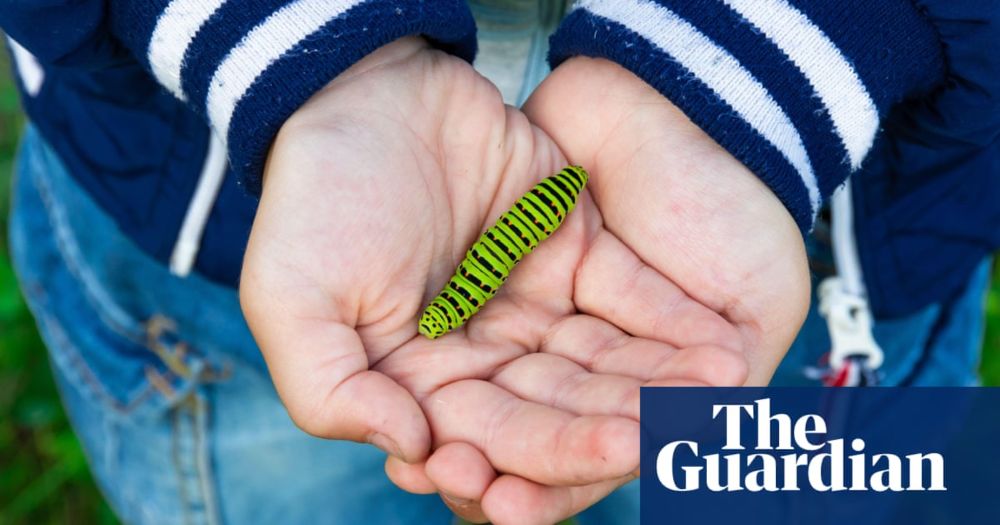
Spread the word! Turn off the lights (unless you're trapping!), leave the leaves, plant all the native plants in every gap, make a pond, stop using chemicals in the garden. I know I am preaching to the converted but insects are important!
#insect #teammoth #bugs
"MY cat doesn't do that".
The evidence is crystal clear: many cats are exterminators, and the ONLY way to be sure yours isn't is by keeping it indoors, or not at all.
www.theguardian.com/environment/....

"MY cat doesn't do that".
The evidence is crystal clear: many cats are exterminators, and the ONLY way to be sure yours isn't is by keeping it indoors, or not at all.




Latest satellite data shows a massive 22% drop in penguin numbers over the last 15 years in key regions.
This is more than double the rate of loss that experts had expected...
🧵 1/8
Latest satellite data shows a massive 22% drop in penguin numbers over the last 15 years in key regions.
This is more than double the rate of loss that experts had expected...
🧵 1/8
www.inaturalist.org/blog/113184
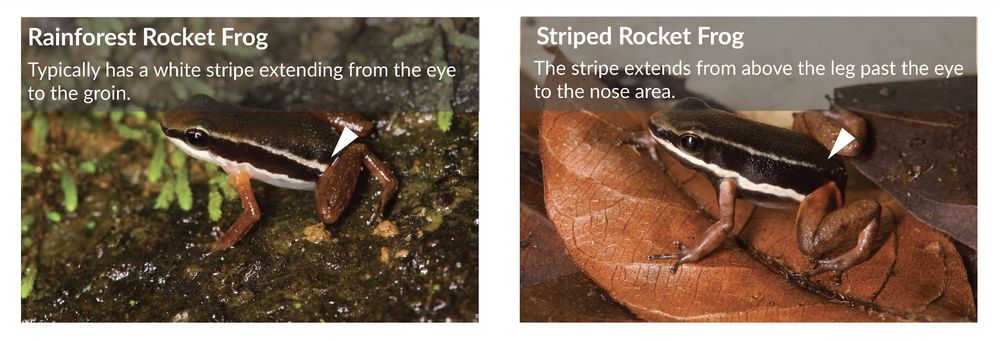
iNaturalist now has a statement explaining their controversial decision to partner with Google on a limited generative AI tool.
www.inaturalist.org/blog/113184-...

iNaturalist now has a statement explaining their controversial decision to partner with Google on a limited generative AI tool.
www.inaturalist.org/blog/113184-...
You could help us monitor Mountain Ringlet - England's only mountain butterfly. This small, beautiful butterfly flies in June and July and we need help from hillwalkers to locate new colonies.
buff.ly/AZYvjvk
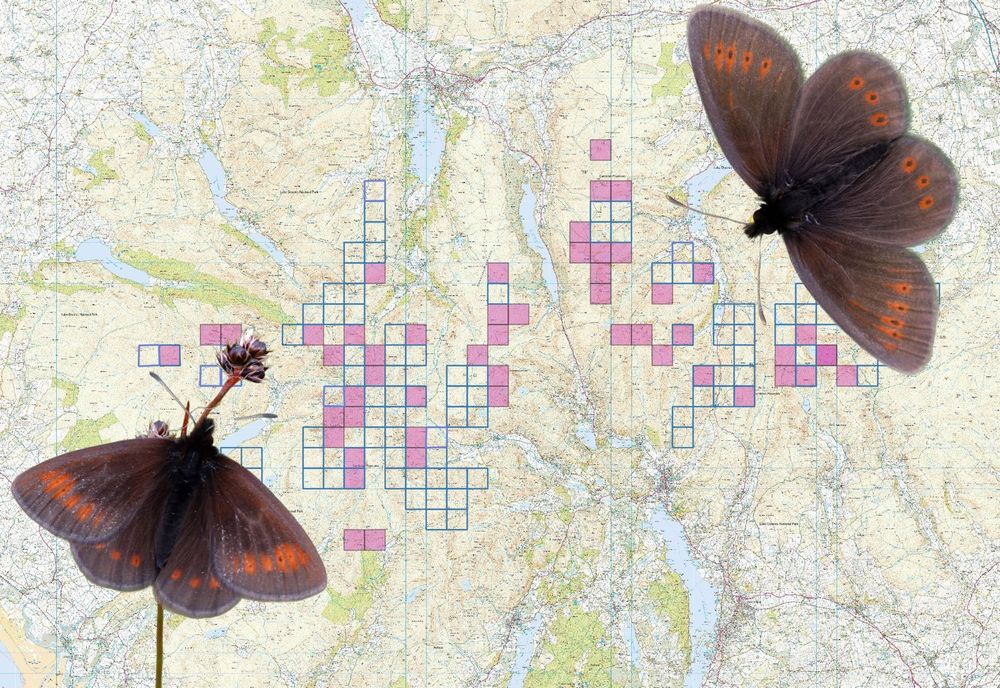
You could help us monitor Mountain Ringlet - England's only mountain butterfly. This small, beautiful butterfly flies in June and July and we need help from hillwalkers to locate new colonies.
buff.ly/AZYvjvk
solution: taxonomists embrace being mysterious and simply do this

solution: taxonomists embrace being mysterious and simply do this
